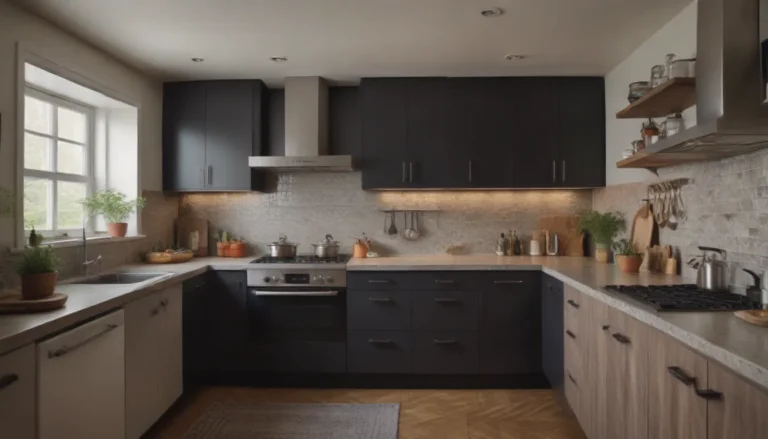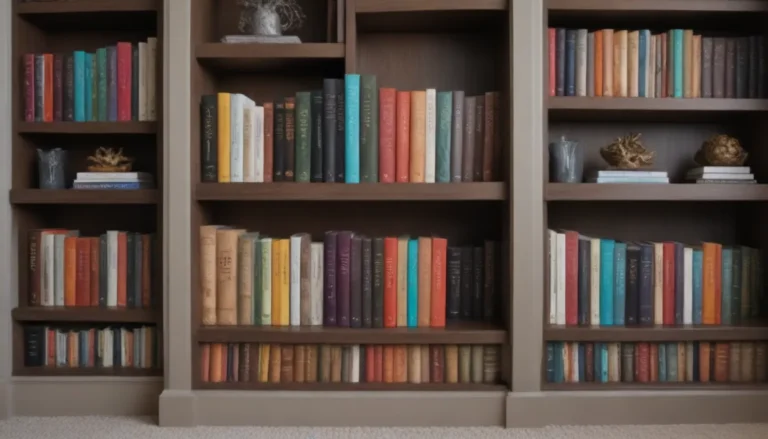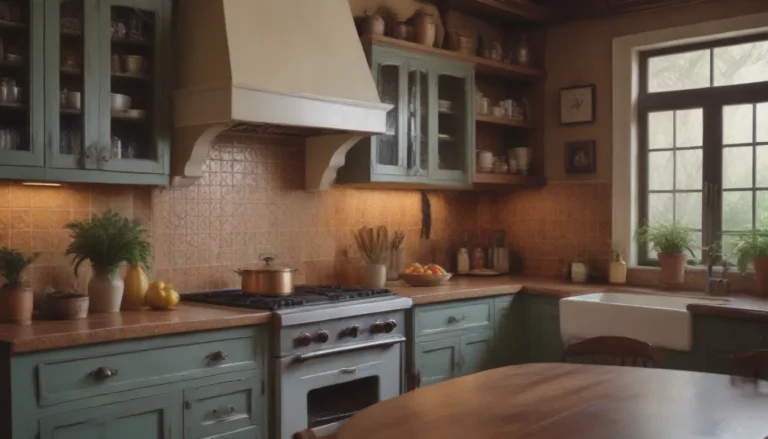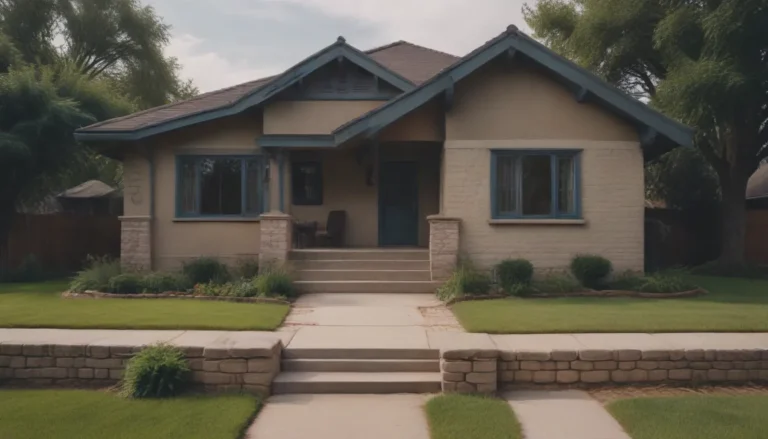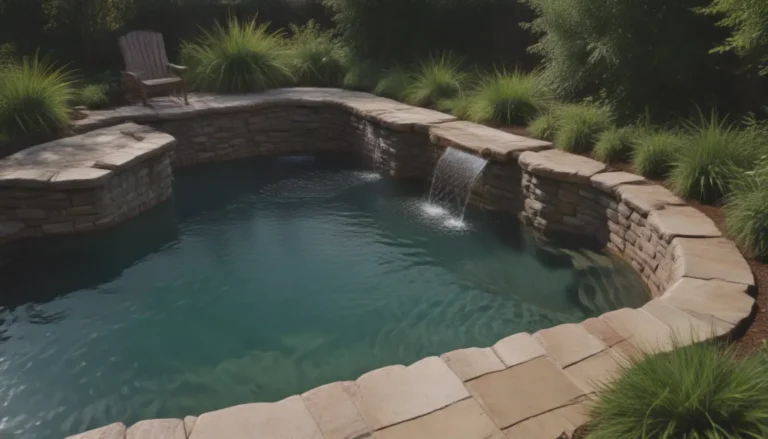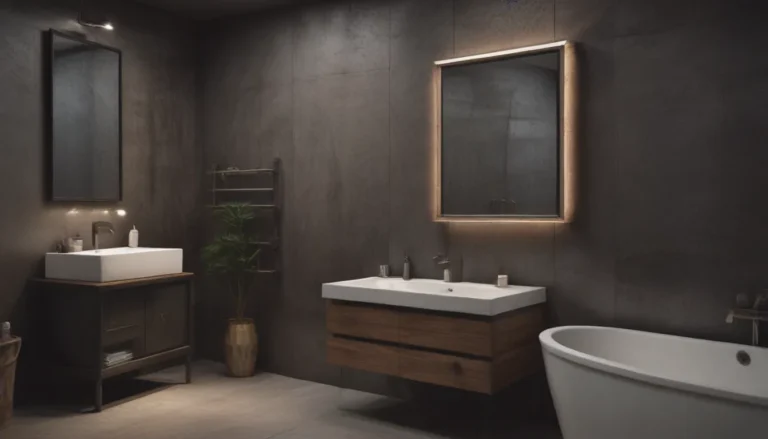Understanding the Distinction Between an Interior Designer and an Interior Decorator
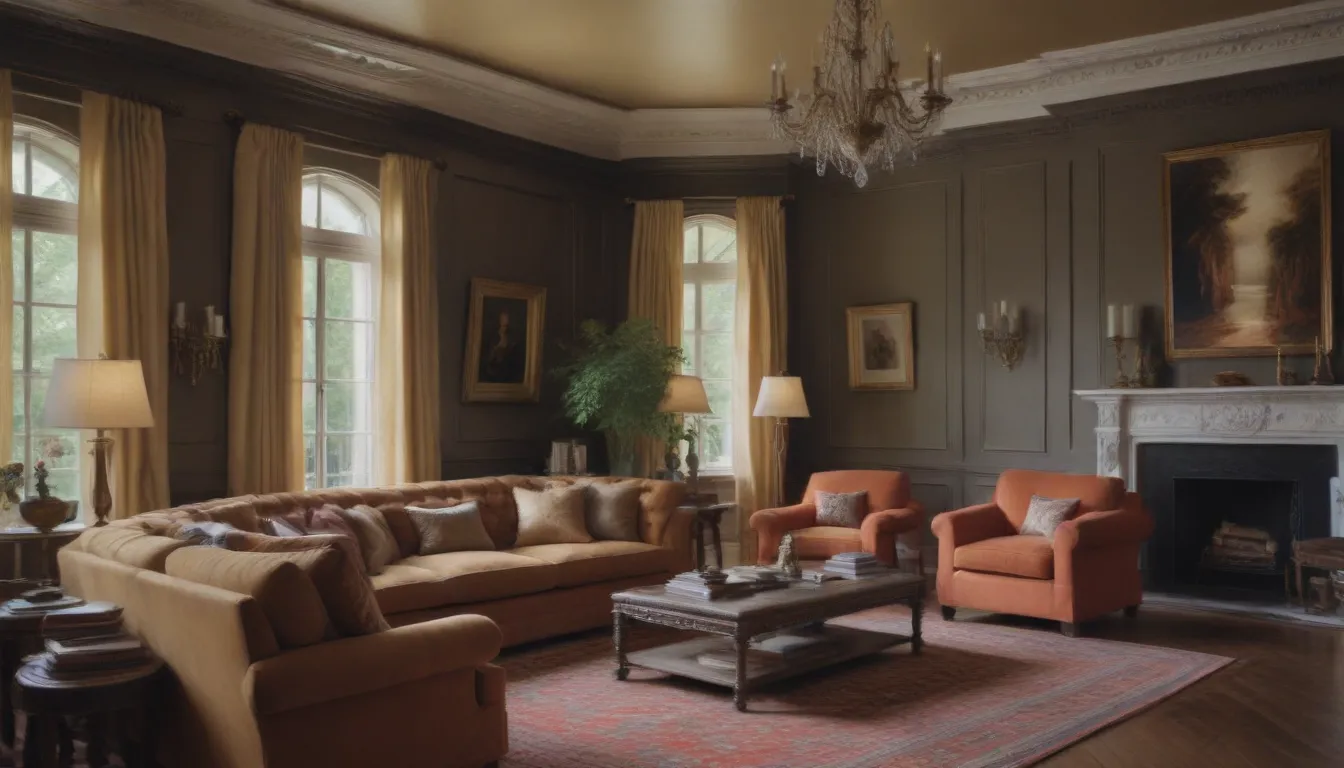
So, you’re ready to revamp the interior of your space and realize you could benefit from professional help. As you begin your search, you come across terms like “interior designer” and “interior decorator.” Suddenly, you find yourself pondering questions like, “What’s the difference?” and “Which one do I need?”
It’s a common misconception that interior design and interior decorating are one and the same, but in reality, they each have their own unique roles and responsibilities. Let’s delve deeper into the distinctions between the two and help you figure out which professional is best suited for your project.
What Is an Interior Designer?
An interior designer is a creative professional who focuses on making interior spaces functional, safe, and visually appealing. They often collaborate closely with architects and other experts to create comprehensive design solutions. Here are some key points to consider when evaluating an interior designer:
- Schooling: Interior designers typically undergo formal education and training in design principles, spatial planning, and architectural concepts.
- Credentials: Many designers pursue certification or licensure through organizations like the National Council for Interior Design Qualification (NCIDQ) to demonstrate their expertise.
- What they do: Interior designers excel at creating floor plans, selecting materials, coordinating with contractors, and utilizing design software to bring their ideas to life.
- Who they work with: Designers collaborate with a variety of professionals, including architects, builders, and vendors, to ensure cohesive project execution.
What Is an Interior Decorator?
On the other hand, an interior decorator specializes in enhancing the aesthetic appeal of a space through the strategic use of color, furniture, and decor elements. Decorators focus on creating visually pleasing interiors that reflect their clients’ tastes and preferences. Here’s what you should know about interior decorators:
- Schooling: While formal education in design can be beneficial, many decorators rely on practical experience and a keen eye for style to excel in their field.
- Credentials: Decorators may not always hold formal credentials, but a strong portfolio showcasing their work can speak volumes about their capabilities.
- What they do: Interior decorators skillfully curate furnishings, accessories, and decorative elements to transform a room or space into a personalized oasis.
- Who they work with: Decorators collaborate with furniture makers, upholsterers, and other industry professionals to bring their design visions to fruition.
How Are Interior Designers and Decorators Compensated?
When it comes to payment structures, interior designers and decorators typically charge clients based on hourly rates, a flat fee for the project, or a percentage of the total project cost. Here’s a breakdown of common fee arrangements:
- Hourly Rate: Professionals bill clients for consultations, design development, and project implementation based on the number of hours worked.
- Flat Fee: Some designers may charge a fixed rate for the entire project, regardless of the hours spent.
- Percentage of Project Cost: Designers and decorators may earn a percentage of the total project cost, which includes materials, furnishings, and additional expenses.
It’s essential to discuss payment terms and expectations upfront to ensure transparency and avoid any surprises along the way.
Choosing Between a Designer and a Decorator
When deciding whether to hire an interior designer or decorator, consider the scope of your project and your specific needs. Here’s a guideline to help you make an informed decision:
- Interior Designer: If your project involves significant structural changes, such as remodeling, architectural modifications, or space planning, an interior designer is the ideal choice. Designers can work seamlessly with architects and contractors to achieve your vision.
- Interior Decorator: For projects focused on aesthetic transformations, color schemes, furnishings, and decor selections, an interior decorator can bring your style preferences to life. Decorators excel at creating visually cohesive and inviting interiors.
Ultimately, the key factor in selecting the right professional is their ability to understand your vision, preferences, and budget constraints. Whether you choose an interior designer or decorator, prioritize open communication, shared goals, and a collaborative approach to ensure a successful outcome.
Tips for Hiring an Interior Professional
When seeking out an interior designer or decorator, consider the following tips to streamline your selection process and find the perfect match for your project:
- Define Your Needs: Clearly articulate your project goals, budget, timeline, and design preferences to prospective professionals.
- Review Portfolios: Request to see samples of past projects to gauge the designer or decorator’s style, creativity, and attention to detail.
- Check References: Reach out to previous clients to gather feedback on the professional’s communication skills, work ethic, and overall project satisfaction.
- Verify Credentials: Confirm that the designer has the necessary qualifications, certifications, and experience to tackle your project effectively.
- Negotiate Fees: Discuss fee structures, payment schedules, and any additional costs upfront to establish a transparent working relationship.
By following these guidelines and conducting thorough research, you can secure an interior professional who aligns with your vision and delivers results that exceed your expectations.
Conclusion
In conclusion, the differences between interior designers and decorators are nuanced but significant, reflecting the diverse roles each professional plays in shaping interior spaces. Whether you opt for an interior designer or decorator, the key is to prioritize collaboration, communication, and a shared vision to bring your design dreams to life.
Remember that ultimately, the best choice is the one who understands your unique preferences, respects your budget constraints, and showcases a passion for creating spaces that reflect your personality and style. Trust your instincts, do your due diligence, and embark on your design journey with confidence and excitement!
Happy designing!
